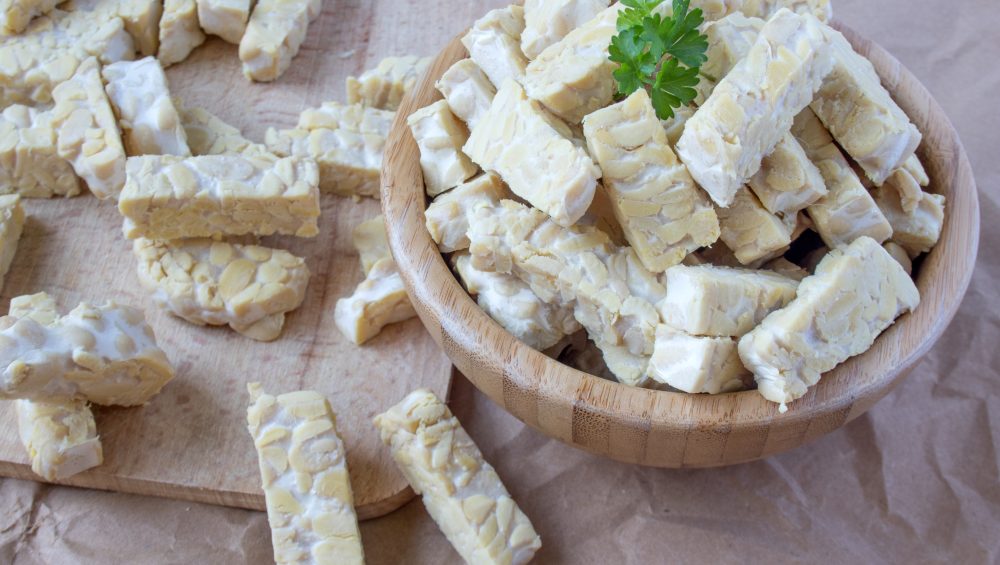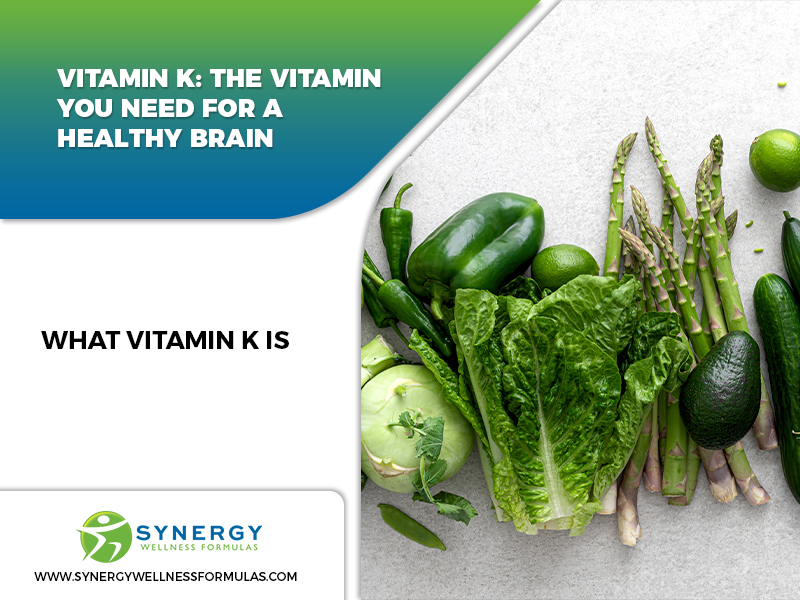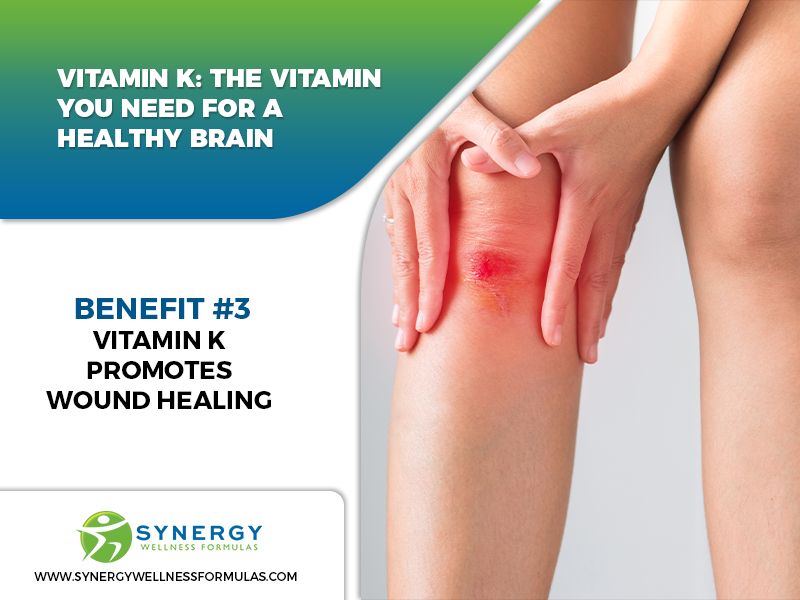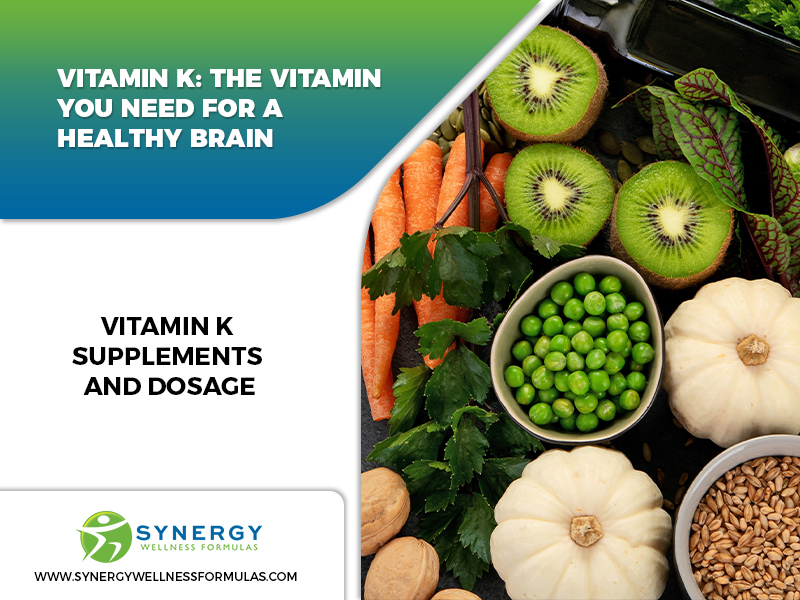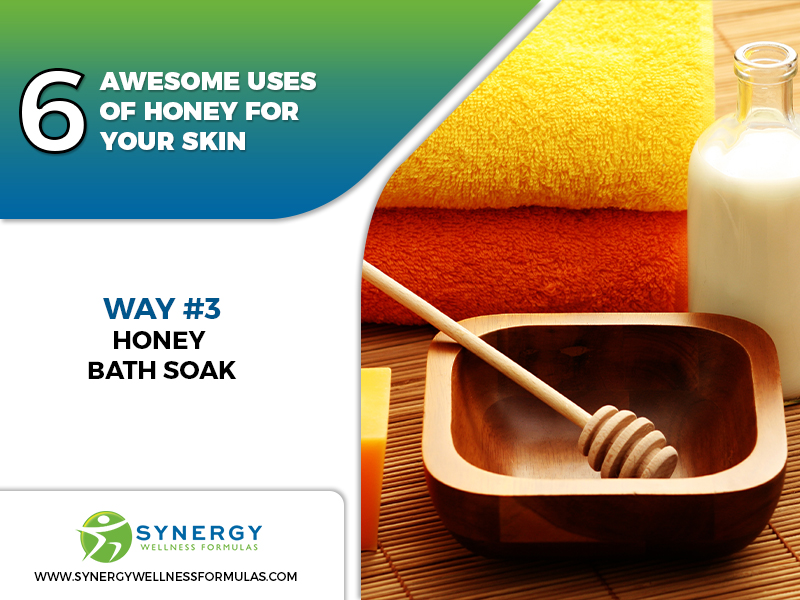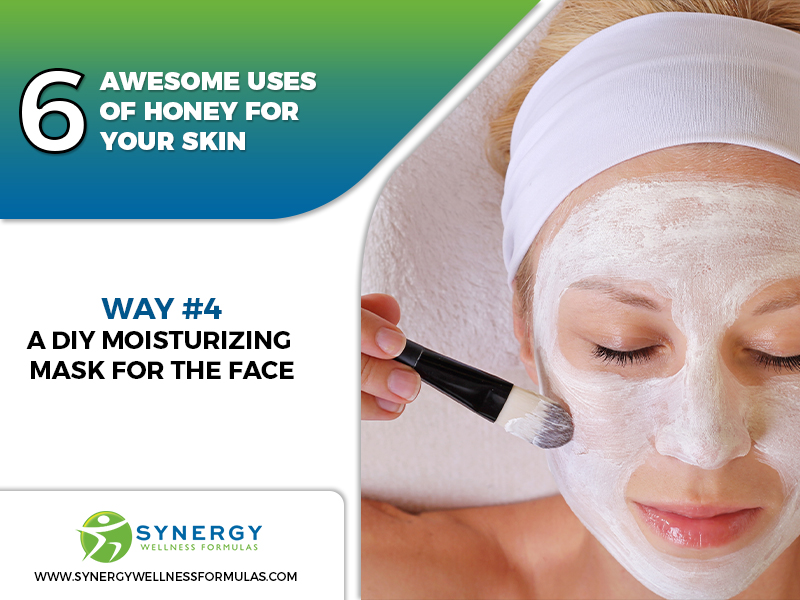Health Benefits Of Tempeh
Whether you are just curious about what tempeh is or you are looking to incorporate it into your daily diet, there are many benefits to eating it. From boosting your bone health to balancing your blood sugar, you can benefit from this nutrient-rich food. Here are some facts about tempeh and its health benefits.

What Tempeh Is
Whether you are a vegan, vegetarian, or simply looking for more nutritious alternatives to meat, tempeh can be a great addition to your diet. Tempeh is a soybean-based food that provides a full range of nutrients and is a great source of protein. Its high level of antioxidants has been linked to improved health, lower cholesterol, and a reduced risk of cancer. It is made by fermenting soybeans with a bacterium called rhizopus mold. This process is designed to make soybeans easier to digest and increase the availability of nutrients.
A three-ounce serving of tempeh provides 15 grams of protein and nine grams of carbs; it contains six percent of your daily calcium needs. It also contains nine grams of healthy saturated fats. It is an excellent source of iron and zinc, vitamins B6 and B12, and riboflavin. Tempeh is also a good source of fiber, iron, and manganese. These minerals have been linked to healthier bones and lower rates of Type 2 diabetes; they also help maintain normal blood sugar levels.

Tempeh Versus Tofu
Tempeh and tofu are both made from soy, but they differ in several key ways. First, tempeh is a fermented product, whereas tofu is not. The process of fermentation yields probiotics, which are good for gut health.
These two products also differ in protein and fiber content. A 100-gram serving of tempeh has more of both nutrients than a similar portion of tofu. Tempeh also contains isoflavones, which act as antioxidants and help reduce health-threatening free radicals. Tofu, however, is higher in calcium.
Tempeh can be eaten raw or cooked; when heated, it has a chewy texture and a slightly nutty flavor. Tempeh is also available in ready-to-eat marinated varieties; tempeh can be steamed, boiled, grilled, or fried. It can also be crumbled and used as a sandwich filling; unlike tempeh, tofu has a much less distinct flavor. It is made from soy milk, which is coagulated into a block and then packaged in water. Tempeh is also usually easier to find in stores.
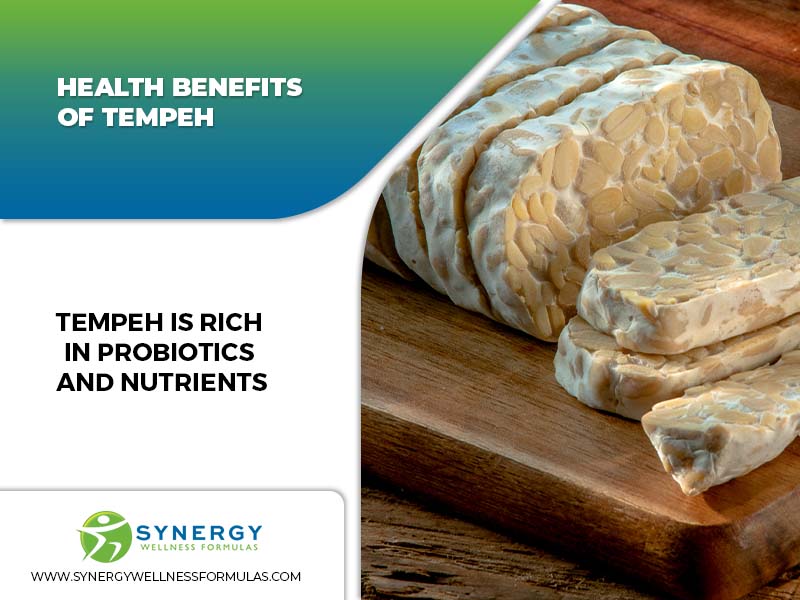
Tempeh Is Rich In Probiotics And Nutrients
Among the many benefits of eating tempeh is the fact that it is rich in probiotics. These bacteria help with digestion and can fight indigestion and chronic inflammation. They also control the population of harmful bacteria in your body. They can also aid in the control of chronic diseases like diabetes.
In addition to probiotics, tempeh is also a rich source of vitamins. Vitamin B6 is one of the most readily available vitamins in tempeh; it plays a role in the growth of new blood vessels and is needed for the proper functioning of the nerves and muscles. It also contains manganese, which is a trace mineral that helps in the breakdown of carbohydrates. It also helps with the production of digestive enzymes. It is important for healthy bones and has been associated with a lower risk of Type 2 diabetes.
Another benefit of tempeh is its high levels of antioxidants. These compounds help fight free radicals and prevent inflammation. They also aid in cancer prevention. They are also known to reduce cholesterol levels.
Tempeh is also a rich source of iron. Eight percent of the daily recommended amount is present in a three-ounce serving. It is also an excellent source of calcium. The mineral plays an important role in bone development and teeth development.

Tempeh Lowers Cholesterol
Tempeh lowers cholesterol by blocking the absorption of cholesterol in your intestines. This helps reduce levels of bad cholesterol or LDL in the blood. It also increases the level of good cholesterol or HDL, which aids in reducing inflammation and improving cardiovascular health. Tempeh contains isoflavones that can inhibit the oxidation of LDL cholesterol particles and prevent them from being deposited in the arterial walls.
Additionally, tempeh contains polyunsaturated fatty acids that can also lower cholesterol levels. These good fats increase HDL and reduce LDL. The presence of vitamin B6 in tempeh helps regulate cholesterol levels as well. It works by inhibiting the production of an enzyme called HMG-CoA reductase, which is responsible for producing cholesterol.

Tempeh Boosts Bone Health
Adding tempeh to your diet can help boost bone health. It is an excellent source of protein, fiber, calcium, and key minerals. All of these nutrients are vital for healthy bones. Protein helps build and maintain bones, while calcium is essential for strong bones. The presence of vitamin K in tempeh also helps increase bone density.
The presence of magnesium in tempeh can help reduce the risk of osteoporosis. Magnesium works by increasing the absorption of calcium in your bones, which can help prevent them from weakening. Additionally, tempeh is an excellent source of phosphorus, which helps strengthen the bones and teeth.

Tempeh Helps Build The Muscles
Tempeh helps build muscles because it contains a full range of amino acids, which your body needs to function properly. It also contains B vitamins. These are needed for the production of energy and healthy red blood cells.
It also contains minerals that are necessary for the growth of strong bones. It also contains potassium, which is important for regulating blood pressure. This mineral is also important for nerve transmission and muscle contraction.

Tempeh Balances Blood Sugar
Having tempeh on your menu can be a great way to help your body balance its blood sugar. It contains complex carbohydrates, which are broken down more slowly than simple carbohydrates. This means that your blood sugar won’t spike as quickly after eating it.
It also contains fiber, which helps slow the absorption of glucose into your bloodstream. Tempeh is low in fat and calories, so you can eat it without worrying about gaining weight. Additionally, it may help reduce the risk of Type 2 diabetes.

Tempeh is a versatile and nutritious food. It can provide many health benefits. It is high in protein and fiber and low in fat and calories.
It contains a wide range of minerals, vitamins, and antioxidants. Regularly eating tempeh can help lower cholesterol levels, boost bone health, build muscles, and balance blood sugar levels. All of these benefits make it a great addition to any balanced diet.

